Physics
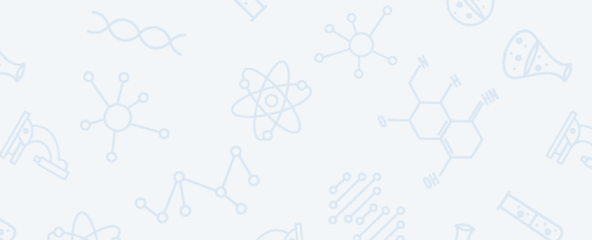
Educators and Parents, Sign Up for The Cheat Sheet
Weekly updates to help you use Science News Explores in the learning environment
Thank you for signing up!
There was a problem signing you up.
-
 Chemistry
ChemistryScientists Say: Excitation
Excited electrons are to thank for dazzling fireworks displays, plants harnessing energy, the semiconductors behind modern tech and more.
-
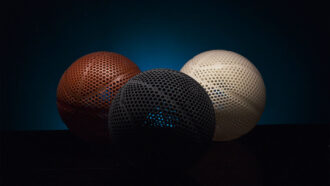 Tech
TechHoley basketballs! 3-D printing could be a game-changer
Wilson’s 3-D printed “airless” basketball is nearly silent and will never deflate, but will it prove a slam dunk for players and fans?
By Sarah Wells -
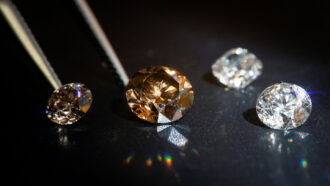 Materials Science
Materials ScienceNew lab trick makes diamonds without extreme pressure
The lab-grown diamonds form in a liquid of gallium, iron, nickel and silicon.
-
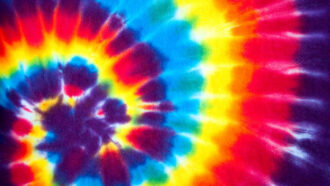 Chemistry
ChemistryExperiment: How to make the boldest, brightest tie-dye!
Clothes are made from a variety of fibers, from natural to synthetic ones. Let’s explore how different fibers react with dyes.
-
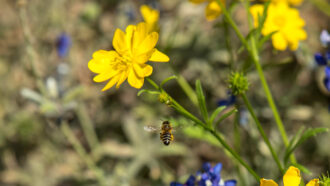 Plants
PlantsFlowers may electrically detect bees buzzing nearby
The discovery may reveal how plants time nectar production and share information with neighboring blooms.
-
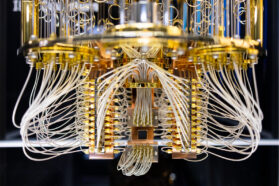 Physics
PhysicsHere’s why scientists want a good quantum computer
These machines could tackle big problems in climate, medicine and more. But the tech is still in its infancy — and runs on truly strange physics.
-
 Physics
PhysicsAerodynamics involved in shooting hoops can make vehicles greener
Some ships host tall spinning cylinders that act like sails. Roughing the cylinders’ surface will greatly boost fuel efficiency, teen scientists find.
-
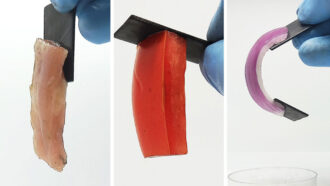 Materials Science
Materials ScienceA bit of electricity can glue hard metals to soft materials
Using this method to stick and unstick metals from soft materials could one day create new types of batteries.
-
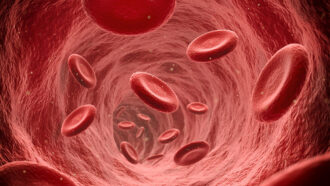 Physics
PhysicsThe movie Frozen inspired the icy, 3-D printing of blood vessels
Ice guides a 3-D printing method to make realistic, artificial blood vessels. One day, such vessels could be used in lab-grown organs.
By Sarah Wells -
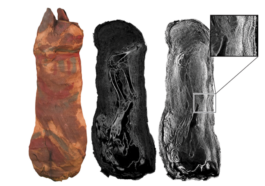 Physics
PhysicsLet’s learn about particles that help us peer inside objects
Particles such as muons, X-rays and neutrons help scientists peer inside fossils, mummies, pyramids, volcanoes and the human body.
-
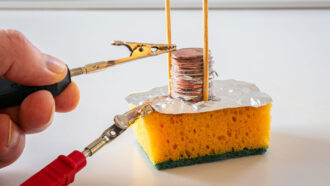 Physics
PhysicsExperiment: Make your own cents-able battery
Make your own ‘voltaic pile’ with pennies and nickels, and find out how many coins will make the most electricity!
-
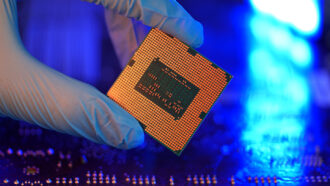 Materials Science
Materials ScienceScientists Say: Semiconductor
Modern electronics, from cell phones to video games, work thanks to these conductor-insulator hybrids.